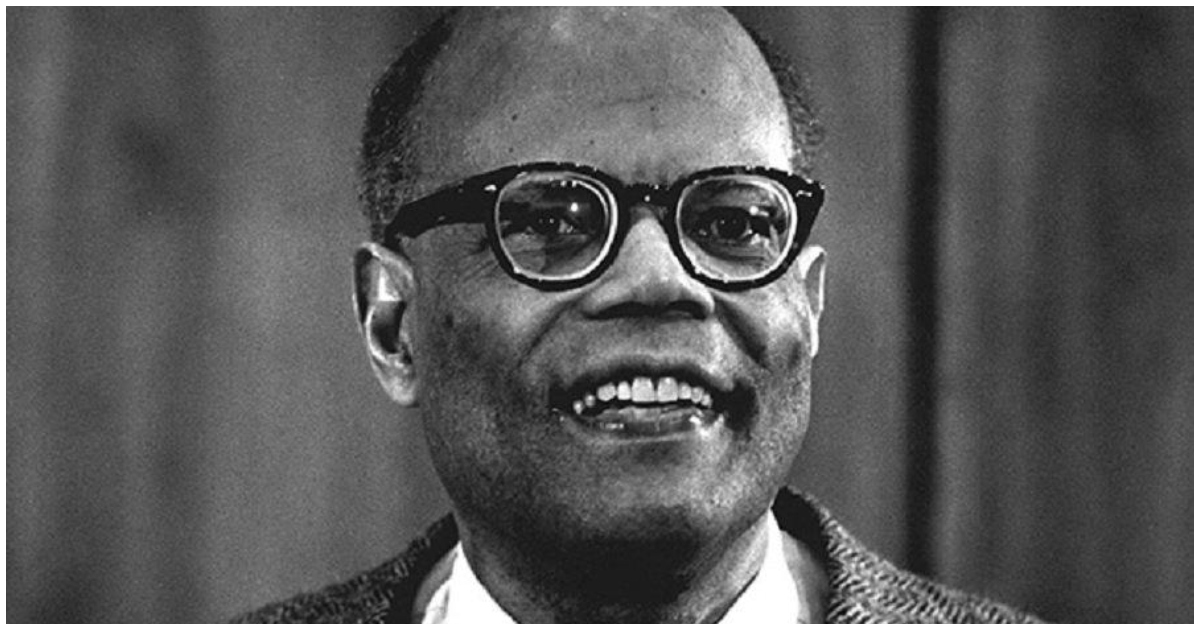Sir William Arthur Lewis, born on January 23, 1915, was a trailblazer in economics and academia. His groundbreaking work and numerous “firsts” broke racial barriers and shaped modern economic thought. Lewis’s life and achievements continue to inspire generations of economists and policymakers worldwide.
Pioneering Achievements in Academia and Economics
Lewis became Britain’s first Black professor at the University of Manchester in 1948. He later became the first Black faculty member at Princeton University. These achievements opened doors for future generations of Black academics.
In 1979, Lewis received the Nobel Memorial Prize in Economic Sciences. This made him the first person of West Indian origin to win a Nobel Prize in any field. To this day, he remains the only Black recipient of the Nobel Prize in Economics.
From Civil Service to Global Economic Advisor
Born in the British West Indies, Lewis joined the civil service at 14. He quickly learned valuable skills like writing, typing, and organization. At 17, he won a scholarship to the London School of Economics (LSE).
After completing his PhD at 25, Lewis taught at the LSE and Manchester University. His work on development economics began during this time. Lewis later advised Ghana’s government and held leadership positions at the United Nations and Caribbean Development Bank.
Groundbreaking Economic Theories and Global Impact
Lewis’s 1954 paper, “Economic Development with Unlimited Supplies of Labour,” is considered revolutionary. The Nobel Committee recognized this work when awarding him the prize. It remains highly influential in development economics today.
His book “The Theory of Economic Growth” (1955) became widely read. Lewis also contributed significantly to understanding colonial agriculture, industrial development, and international trade. His work continues to shape economic policies in developing countries.
Lewis’s Legacy: Lessons for Modern Economic Challenges
Lewis’s insights remain relevant today, especially for countries facing economic difficulties. He emphasized the importance of investing loans wisely and matching borrowing terms to investment timelines. These principles are crucial for nations dealing with debt crises.
Lewis also stressed the need for strong institutions and fiscal responsibility. He advocated for inclusive decision-making in democracies. These ideas continue to guide policymakers in building stable economies and political systems.
Championing Critical Discussion and Accountability
Throughout his career, Lewis emphasized the importance of public discourse. He believed in holding governments accountable through “lively and critical discussion” of economic programs. This approach remains vital for democratic societies today.
Lewis’s work reminds us that economic growth thrives when citizens feel safe to save and invest at home. His legacy encourages policymakers to create environments that foster domestic investment and sustainable development.





